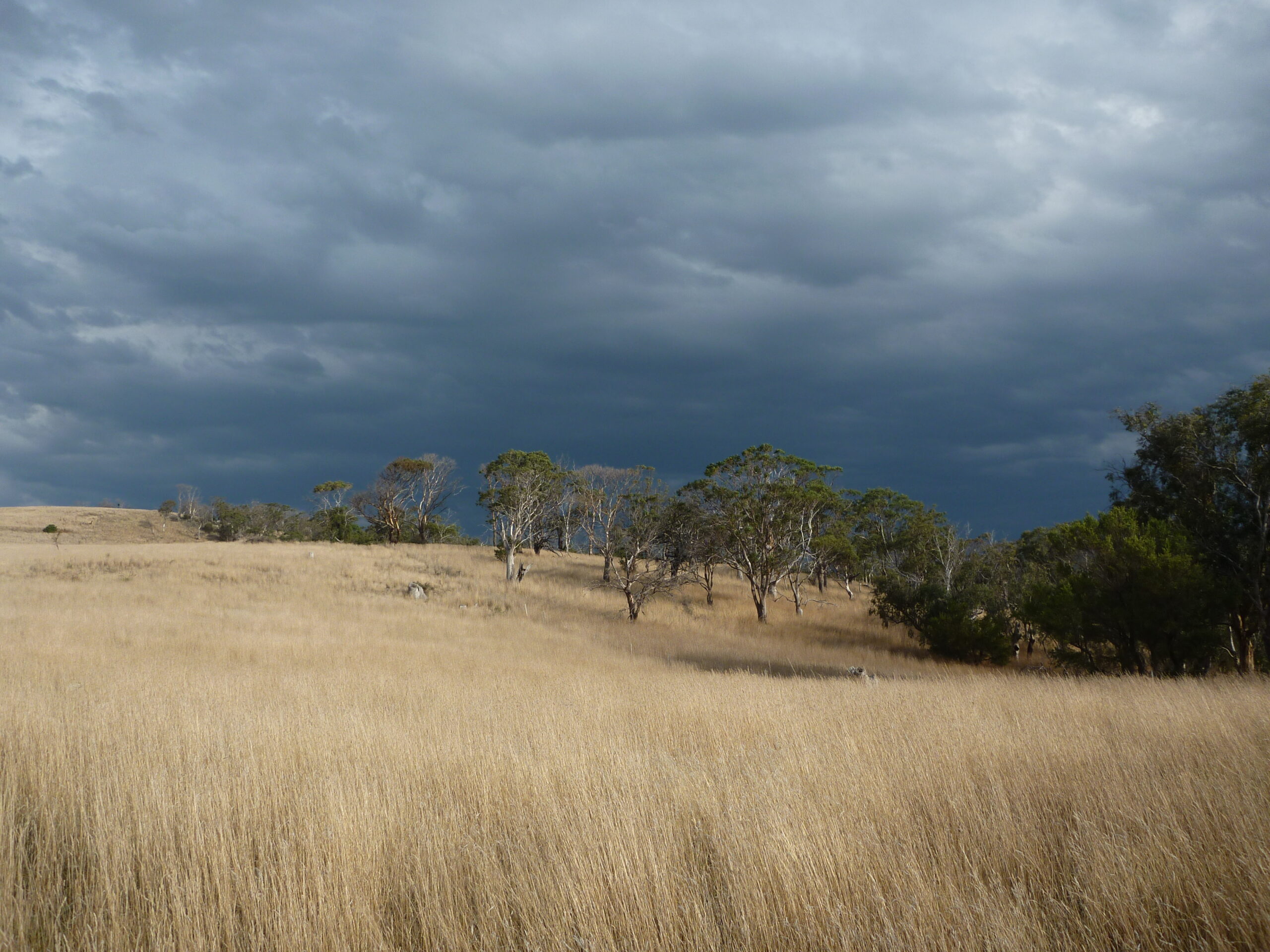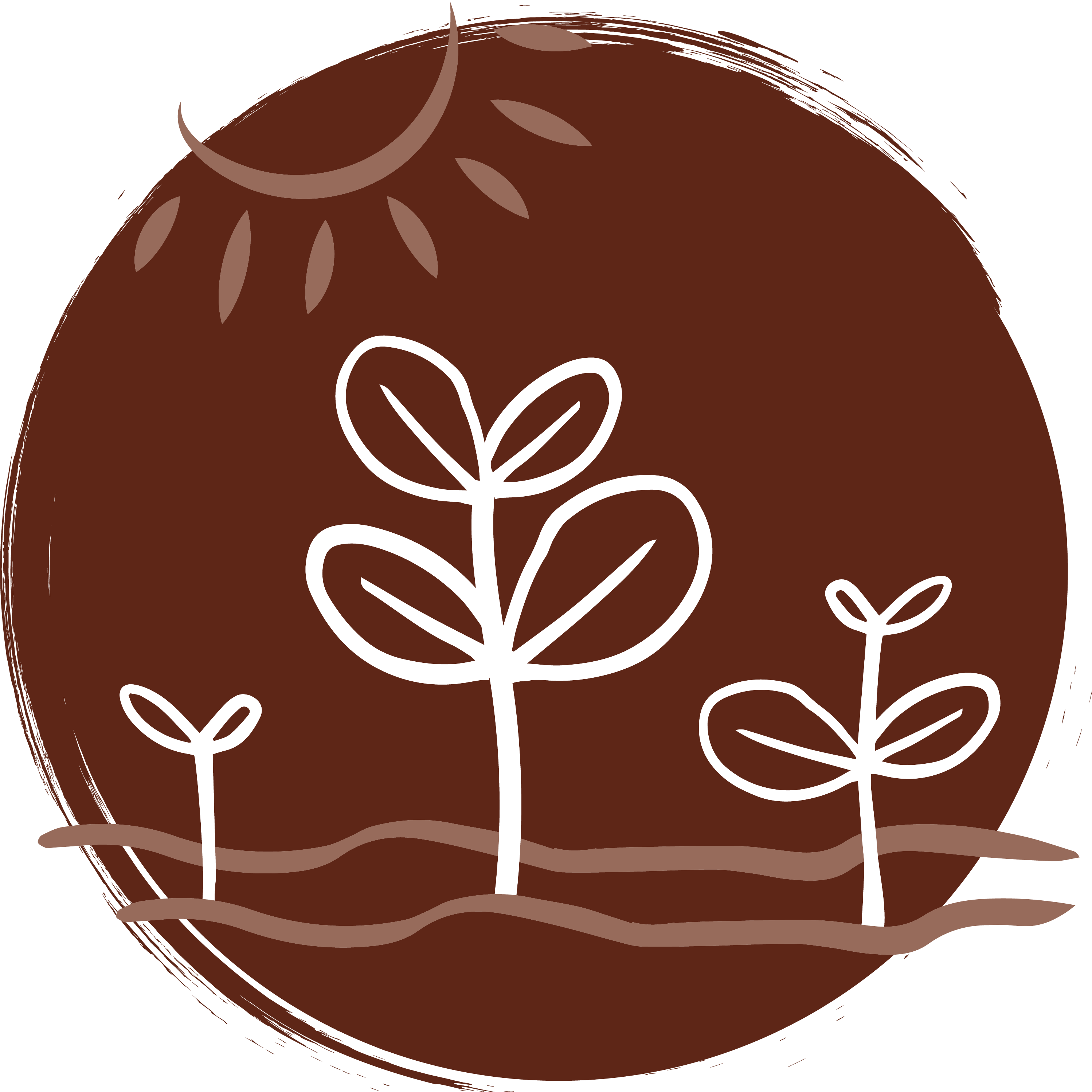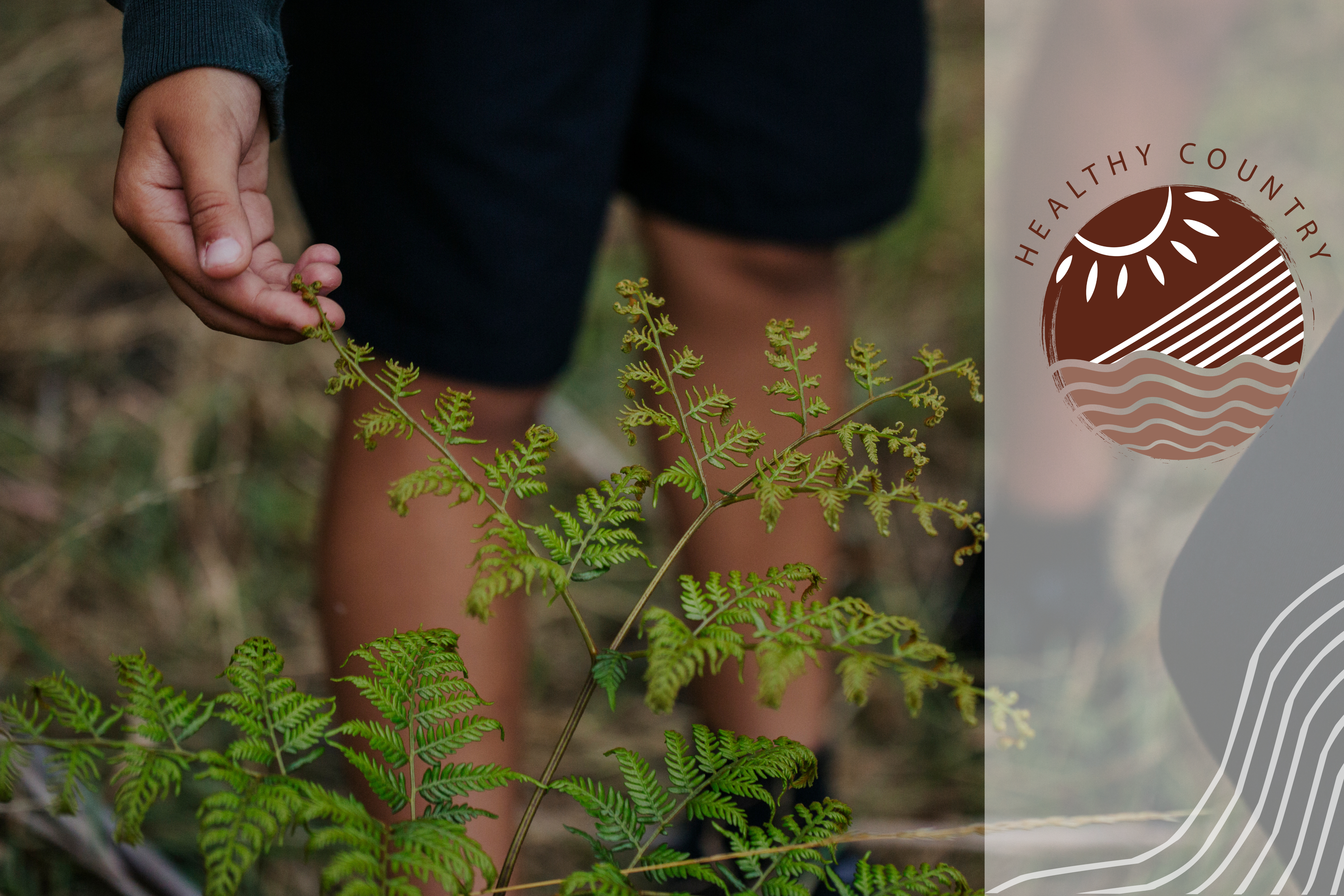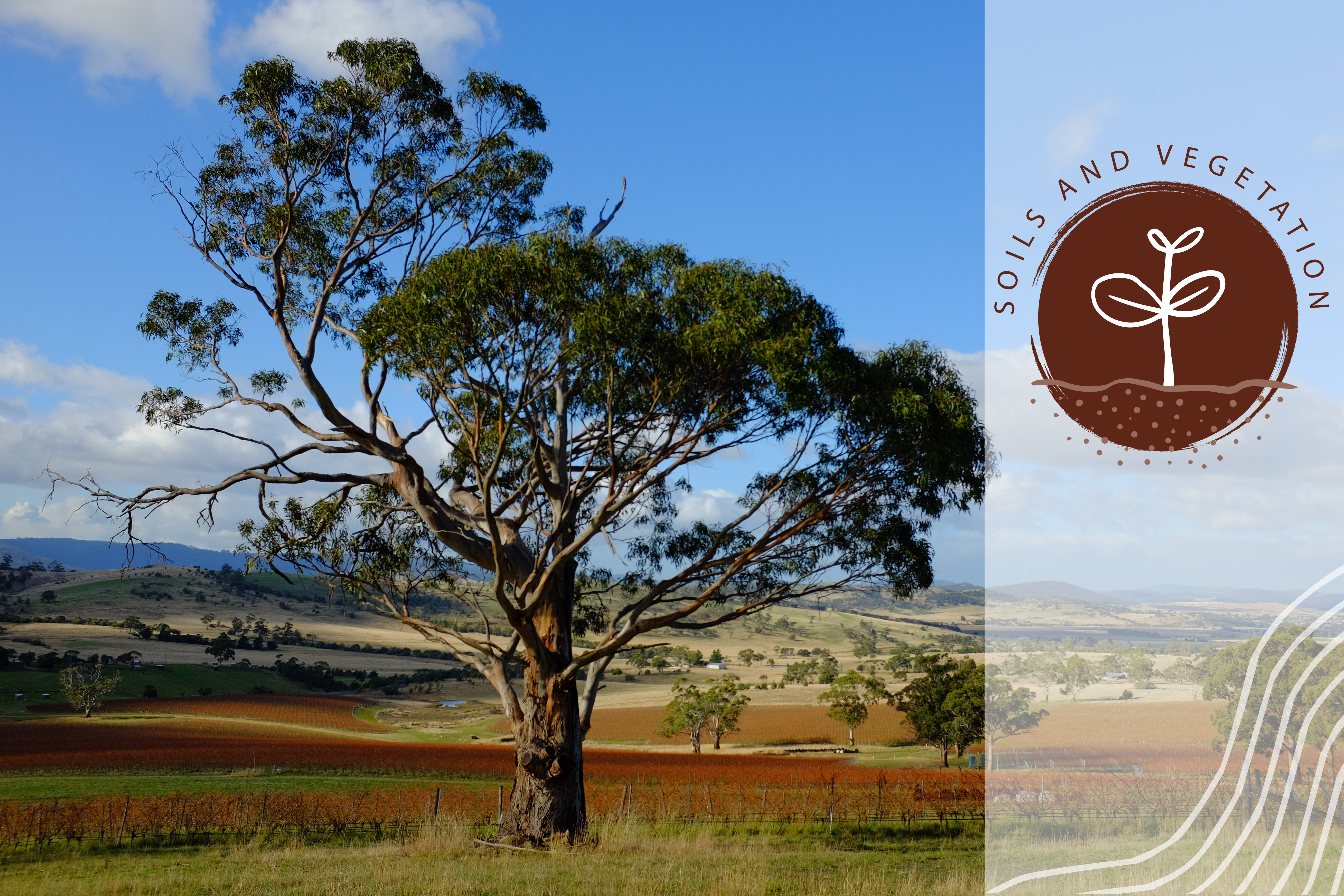Land
Our Land Program provides systems-based solutions for landscapes dominated by agricultural production. We are helping landholders to better understand and improve soil health while also helping them to develop solutions to address climate resilience, water retention and water quality – particularly in drought-prone regions.
We are showcasing innovative tools and techniques that can be used to inform sound land management decisions and improve the production value of landscapes by reducing erosion risk and protecting groundcover. We are concerned about the impacts of climate-induced change and biosecurity and will be assessing the opportunity for initiatives that work with current efforts.
We are engaging with the Tasmanian Aboriginal community and groups to respond to their self-determined priorities for access to, and healing and protection of Country.
A snapshot of Tasmania’s land assets
77
Parcels of Aboriginal Managed Land
28%
Farmland
2,171
Farm Businesses
18
Irrigation Schemes
37%
Farms with Conservation Areas
812 K
Hectares of Forest Production
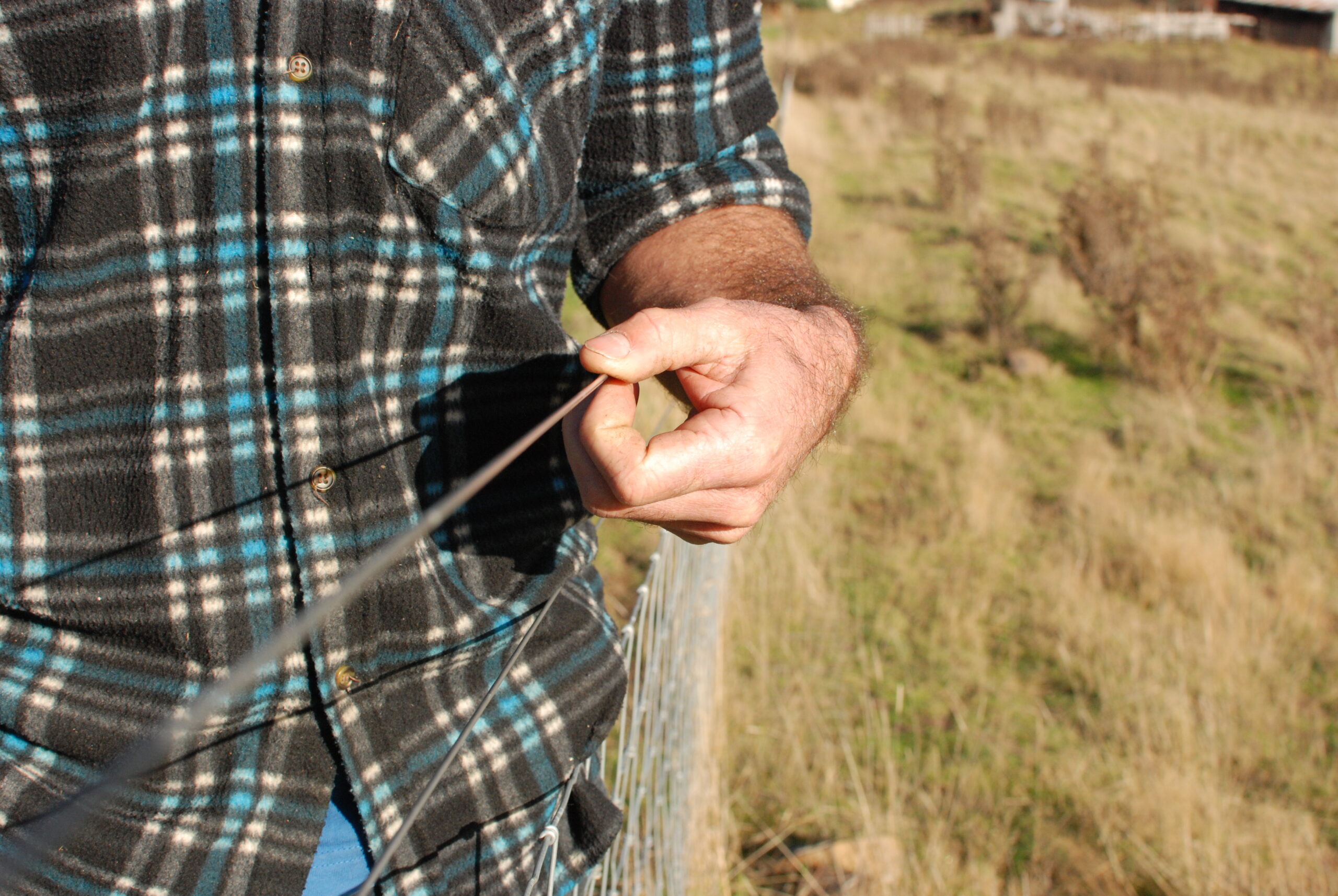
Land Themes
HEALTHY COUNTRY
Supporting Tasmanian Aboriginal people to increase capacity to manage, access or heal Country, based on self-determined priorities.
RESILIENT LANDSCAPES
Building the capacity of land managers to address the risk of adverse events, protect natural capital, and take advantage of opportunities for production industries in the face of challenges such as climate change, weeds, pests and diseases.
SOILS & VEGETATION
Supporting land managers to improve soil condition and manage vegetation cover to improve natural values, biodiversity, and production outcomes and mitigate emerging risks.
Valuing and managing Aboriginal land, sea, and sky Country requires an understanding of – and alignment with – Tasmanian Aboriginal people’s self-determined priorities. Actions have been developed as a first step to work with the Tasmanian Aboriginal people, to support and understand these priorities, and to build an organisational culture within NRM South to value and pursue an understanding of further priorities.
NRM South recognises the importance and role of Traditional Ecological Knowledge in natural resource management. Our aim is to advance opportunities for the continuation or reestablishment of traditional practices by Tasmanian Aboriginal people who are looking after Country. We aim to support the integration of traditional land management practices, where possible and appropriate, to contribute to the outcomes of the strategy.
Image credit: Moon Cheese Studio
Challenges affecting land management and sustainable production in our region include climate change and its associated impacts, biosecurity threats, soil and water quality degradation, competing land uses, market changes and increasing demand, insufficient planning system and regulation, and land use intensification.
Our well-connected team of independent natural assets specialists assist farmers and rural communities in supporting an ecologically informed food and fibre production future that is climate resilient and responsive to market demands.
Adaptation and improving resilience in agricultural systems helps land managers to minimise the severity, duration, and consequences of these threats. NRM South works with land managers and agricultural industries to plan for and mitigate risk through improved land management approaches and capacity building, and to recover from the impact of events. This includes supporting farmers in drought-prone regions to develop locally appropriate and innovative drought resilience strategies.
Agriculture, horticulture, and grazing are vital to Tasmania’s economy. With multiple enterprises established across around 1.89M ha of farmed land, land-use change, including agricultural intensification, will have an impact on the condition of soil and vegetation assets in the southern region.
Working landscapes that are well planned, protected and managed using best available science provide the best means to ensure long-term viability for Tasmanian farming industries.
NRM South works in partnership to implement practices that protect the environment and improve production. Priorities include actions to enhance soil health and actions to improve the extent, quality and connectivity of on-farm native vegetation.
